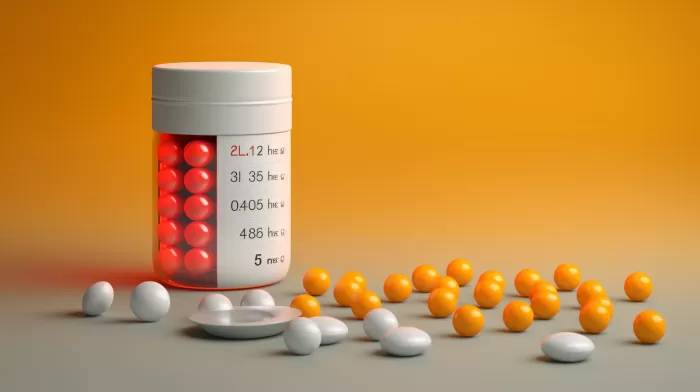Antidepressants for combating menopausal complaints aren’t very effective, but many still consider their use. The Food and Drug Administration’s panel of experts even voted against the use of a newly approved antidepressant to treat hot flashes in menopausal women. The study showed minimal benefits, and the risks of side effects and addiction are significant.
The drug, called Brisdelle, belongs to a class of antidepressants known as selective serotonin reuptake inhibitors (SSRIs). SSRIs come with a lengthy list of side effects and only show minimal benefits against hot flashes. The drug’s mechanisms of action are still unclear, yet low-dose antidepressants have been used “off-label” to treat hot flashes.
The Trouble With Antidepressants
Antidepressants may be helpful for a small percentage of people in combination with holistic mental health approaches. Potential side effects of these drugs are severe, and their long-term benefits and effects are largely unknown. Some side effects of SSRIs include joint and muscle pain, upset stomach, insomnia, rashes, headaches, nausea, and diarrhea.
More severe potential side effects of antidepressants are:
- Reduced blood-clotting capacity that increases risk for stomach or uterine bleeding
- Diminished sexual interest, desire, performance, and satisfaction
- Suicide risk
Natural Support For Hot Flashes
Integrative approaches can help restore hormone balance and reduce menopausal symptoms while supporting long-term health. The exact causes of hot flashes during menopause are uncertain, but several factors suggest that dysregulation of the hypothalamus, the body’s thermostat, could cause the problem. Obesity, smoking, alcohol intake, and lack of exercise have been shown to increase the frequency of hot flashes.
Using Bioidentical Hormone Replacement Therapy
Synthetic hormone replacement therapy is linked to serious risks, such as breast cancer and an increased risk of cardiovascular disease. Natural, plant-based bioidentical hormones with the same chemical structure as those made by the body may be much safer. Many women are using low doses of bioidentical hormones, often as a cream, sublingual tablet, or patch that allows the hormone to go directly into the bloodstream without being broken down in the liver. Those considering hormone therapy should be carefully evaluated for the individual risks of breast cancer and tested for proper hormone metabolism.
Diet, Lifestyle, And Supplements
Many women find relief from hot flashes by increasing exercise, reducing fatty, spicy foods and alcohol in their diets, and taking up stress-reducing practices such as meditation, tai chi, or chi gong. Acupuncture and the use of Chinese herbs can also be effective.
Herbal formulas, Tibetan Herbal Formula, and combinations of herbs and compounds such as black cohosh, red clover, sage, dong quai, and hesperidin can be helpful. Adding flax seeds and fermented soy products such as miso and tempeh to meals can provide a mild estrogenic effect that can reduce hot flash severity.
One study combined magnolia bark extract, including honokiol, with phytoestrogen compounds from soy and saw significant reductions in hot flashes, anxiety, insomnia, and irritability. Getting sleep cycles and anxiety under control contributes to reducing hot flash frequency and severity.
It is advisable to start with diet and lifestyle changes, adding herbal remedies and food sources of phytoestrogens first. If these measures are not enough, low doses of bioidentical hormones can be considered. Making these changes can help take control of one’s health and improve overall vitality and well-being while controlling hot flashes and other potentially uncomfortable symptoms naturally.



